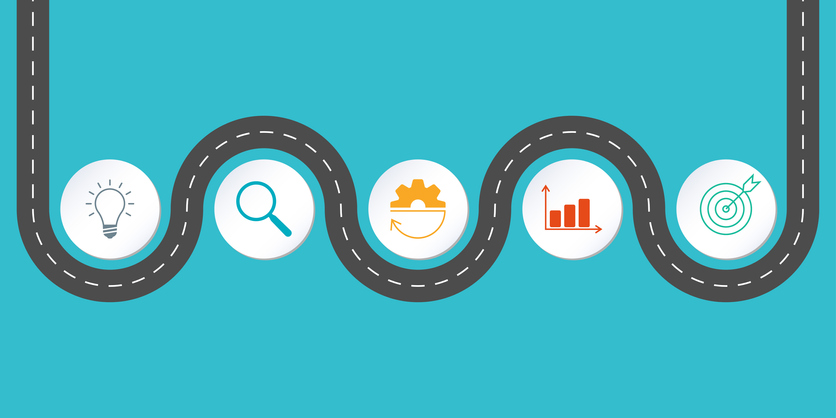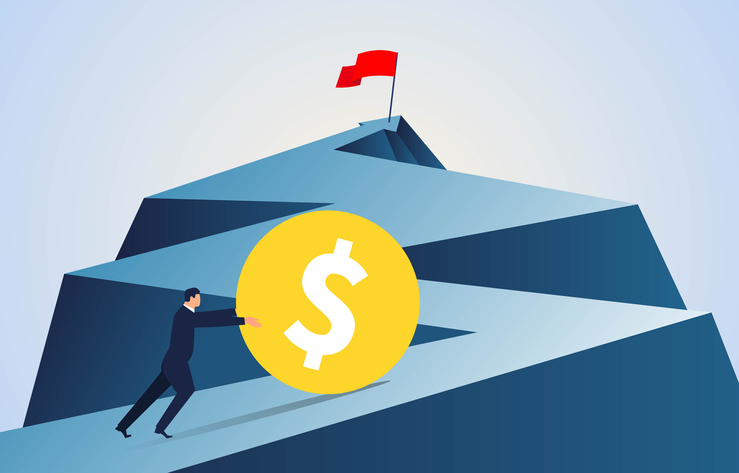5 Reasons to Use Opt-In Licensing at Your Early-Stage B2B SaaS Company
Through our work with customers of Carema Consulting and with companies that come through Chicago-based revenue accelerator VentureSCALE, we’ve observed that most early-stage B2B SaaS companies (seed or Series A stages) utilize evergreen software licensing terms with their customers. While this may make sense logically, we believe otherwise:
Too many early-stage B2B SaaS companies revert or default to evergreen renewal terms when they would be better served using opt-in renewals.
Before we dive into why opt-in licensing is better than evergreen licensing for early-stage B2B SaaS companies, let’s start by defining each licensing option.
Evergreen Licensing (Opt-Out Licensing)
With evergreen licensing, a customer’s licensing of a SaaS vendor’s software automatically renews. To end its use of the software, the customer is required to contact the SaaS vendor to indicate it’s not renewing its licensing. Often, the customer must provide this notice in writing within a certain number of days in advance of the licensing anniversary date. Short of taking those actions, the licensing rolls over for another term.
Opt-In Licensing
With opt-in licensing, a customer must receive, review and sign-off on an agreement from the SaaS vendor in order to renew its licensing of the software for an additional term. The administration of the contract is typically the responsibility of the SaaS vendor’s customer success team. To better manage this, a SaaS company that is in growth stage and/or that has hundreds or thousands of customers may form a specific renewals team as a subset of Customer Success.
Need help analyzing your licensing?
LEARN HOW CAREMA CONSULTING CAN HELP.
Advantages to Evergreen Licensing
At first glance, there are two key advantages to evergreen licensing for early-stage B2B SaaS companies:
- Ease of administration: A SaaS company simply defines the evergreen terms in a license agreement and creates invoices. There’s no contractual need to provide a customer with a renewal agreement.
- Customers kept in the fold: This process avoids provoking a customer into a discussion about the software and its ability to help them achieve desired business outcomes.
Important note: This second bullet is largely a fallacy and contrary to the spirit of how an early-stage B2B SaaS company should view and treat its customers.
5 Advantages to Opt-In Licensing
On the flip side, opt-in licensing encourages—even mandates—a customer-vendor collaboration that provides an early-stage SaaS company with several important benefits:
- Provides feedback on product-market fit:
Building a set of customers and tapping them for feedback accelerates the identification of an ideal customer profile and the establishment of product-market fit. - Increases engagement with customers:
More customer engagement provides opportunities to gather customer ideas for new features and helps spur product growth. - Creates a heightened focus on the customer journey:
A “year one” timeline focuses companies on the importance of a streamlined onboarding program and proving ROI early. It is much easier to get a customer on the right track from the beginning rather than trying to save a customer who is multiple years into a contract but has low adoption. Non-engagement risks the product going stale over minor issues of fit or performance. - Reduces friction in the legal stage:
In the sales process, deals happen faster as the initial commitment is time-limited and there is less scrutiny of the contract. Evergreen contracts lead to customer pushback, and most customers’ legal departments will avoid engaging in evergreen contracts. - Allows the vendor to fairly regain some of the discount inevitably and rightly provided to visionary and early-adopter customers:
An early-stage SaaS company is smart to reward its first customers with early-adopter pricing, as the goal is to get a foot in the door. That said, a SaaS company utilizing opt-in licensing organically has the opportunity at the time of renewal to discuss and secure price increases that move early customers closer to market pricing.
Still, you may be wondering: When does evergreen licensing have advantages over opt-in licensing? Evergreen licensing is well-suited for more mature, commoditized software solutions with established pricing (e.g., employee payroll software). In those situations (and especially when switching costs are low), utilizing evergreen licensing avoids unnecessarily kicking up dust and initiating non-value add customer conversations.
What licensing renewal strategy is your SaaS company using? Depending on the stage you’re business is in, you could be missing out on certain advantages to opt-in pricing if you’re using evergreen licensing. In a follow-up post, we take this licensing discussion a step further and elaborate on how multi-year agreements can fit into your renewal approach.
To learn more about which of these licensing options will work best for your company, and how to transition from one to the correct approach, contact Carema Consulting.




